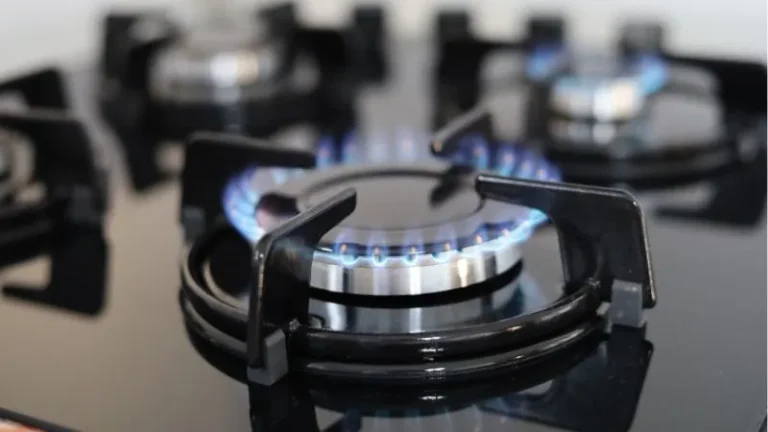The Public Interest Advocacy Centre, Total Environment Centre and The Australia Institute welcome the Australian Energy Market Commission’s (the Commission) plan to bring forward a high priority energy market reform, the wholesale demand response mechanism, to deal with pressing reliability issues.
The three organisations that led the charge for the reform say urgent work will now be needed by energy ministers to pick up where the Commission has left off, and ensure the best possible outcome for households.
Wholesale demand response is a system where energy users are paid to cut their energy use, instead of turning on more expensive generators, when demand and wholesale prices are high. Participating energy users receive a direct financial benefit, all other consumers benefit from lower wholesale prices, improved reliability and a lower-cost system over the long-term.
‘Reducing peak demand on the grid is more important than ever as summers get hotter and coal plants close. Introducing demand response in 2021 shows the Commission is serious about keeping down energy prices and preventing blackouts as energy supply gets tighter’, said Craig Memery, Head of Energy Policy, Public Interest Advocacy Centre.
As well as the earlier implementation, the groups commend the Commission for a number of improvements on their earlier design that will make it easier for businesses to participate, increasing competition.
However, the groups are disappointed the Commission has closed the door on allowing households to participate in the mechanism. Next Friday, Council of Australian Governments energy ministers meet and will consider recommendations for a ‘2-sided’ energy market from the Commission and Energy Security Board. The Public Interest Advocacy Centre, Total Environment Centre and The Australia Institute call on energy ministers at this meeting to prioritise households being able to access demand response, through a provider of their choosing, in any design for a ‘2-sided’ market.
‘Household demand drives high energy prices and households are eager to participate in demand response’, said Mark Byrne, Energy Market Advocate at Total Environment Centre. ‘Excluding them from the mechanism reduces its effectiveness and is unfair.’
‘The fact that the issue of household participation is still not resolved is disappointing, especially when the rule change was proposed by groups representing household consumers’, said Dan Cass, Energy Policy & Regulatory Lead of the Australia Institute.
‘We agree with the Commission’s analysis that demand response will reduce costs for all consumers in the short term by suppressing high wholesale spot prices, and over the long term by providing a cheaper resource for getting through peaks than expensive gas peaking power stations,’ said Mr Cass.
The groups look forward to working with the Commission, energy ministers and the Energy Security Board on a demand response solution that allows innovative energy businesses to provide demand response for households, and comes at maximum benefit to the community.
MEDIA CONTACTS: Anna Livsey 0478 739 280 (Public Interest Advocacy Centre); Noah Schultz-Byard 0412 321 623 (The Australia Institute); Mark Byrne 0403 070 442 (Total Environment Centre)

HPLS Solicitor Jeremy Rea wins Bondie Award